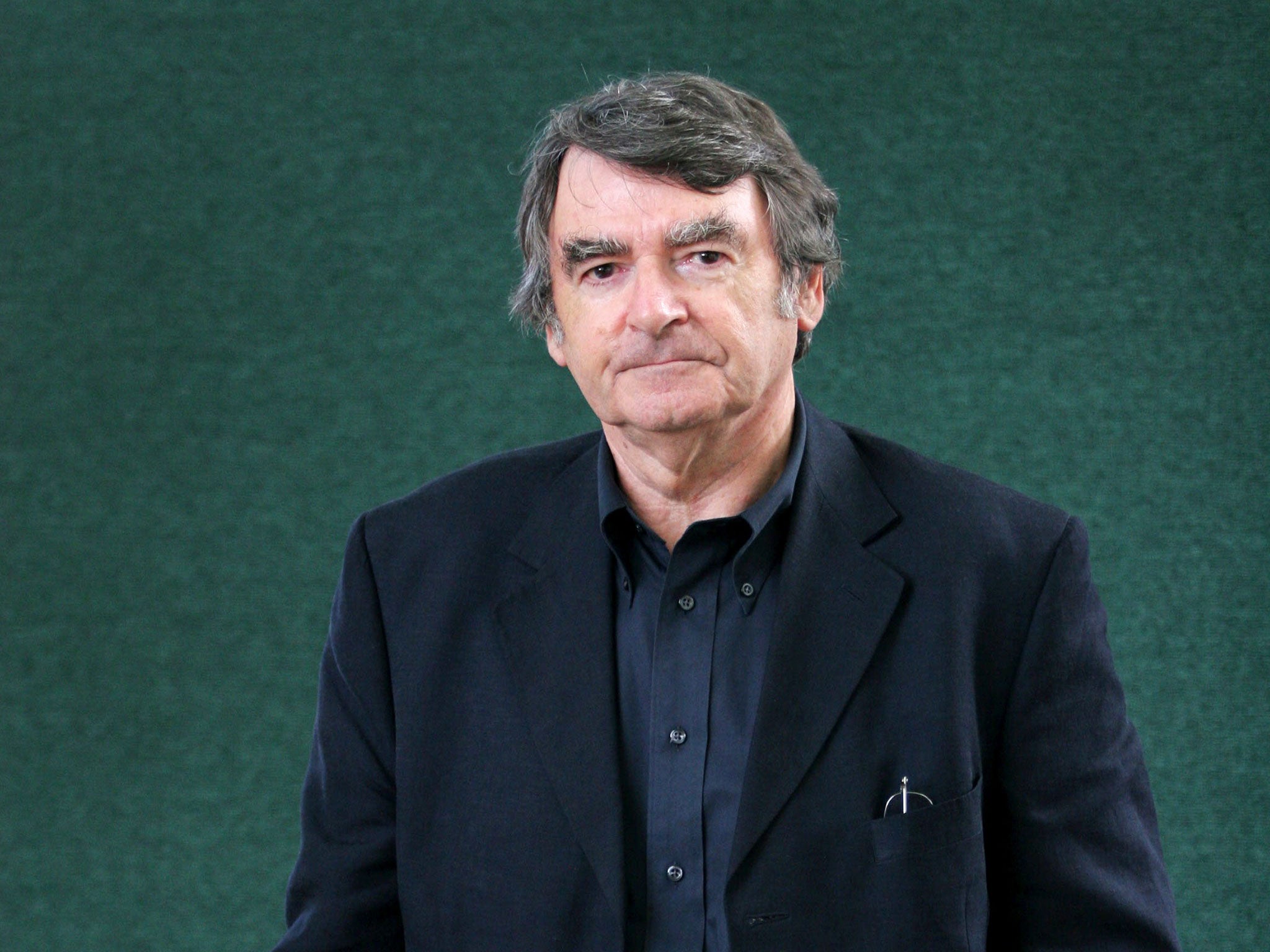David Lodge says authors 'hit their peak in their 40s' and become less creative as they get older
80-year-old who wrote Campus Trilogy said he may not produce another novel

Your support helps us to tell the story
From reproductive rights to climate change to Big Tech, The Independent is on the ground when the story is developing. Whether it's investigating the financials of Elon Musk's pro-Trump PAC or producing our latest documentary, 'The A Word', which shines a light on the American women fighting for reproductive rights, we know how important it is to parse out the facts from the messaging.
At such a critical moment in US history, we need reporters on the ground. Your donation allows us to keep sending journalists to speak to both sides of the story.
The Independent is trusted by Americans across the entire political spectrum. And unlike many other quality news outlets, we choose not to lock Americans out of our reporting and analysis with paywalls. We believe quality journalism should be available to everyone, paid for by those who can afford it.
Your support makes all the difference.The author David Lodge has claimed people become less creative as they get older.
Lodge, 80, acclaimed for his parody of university life, known as the Campus Trilogy, said that he might not write another novel because he found it much harder to think of a plot he could “have faith in”.
“I think a lot of writers who begin early, like I did, probably reach their peak in their 40s and 50s,” he told BBC Radio 4’s Broadcasting House.
“After that, it becomes more of a struggle. Books take longer to write; you find yourself revising more, taking much more time over them. It’s partly because your brain doesn’t produce creativity so quickly. And when you get into old age as I am now, it really is quite a struggle. I find I take longer and longer over every page of anything.
“I’m afraid it’s possible I might not [write another novel]. Although I’m kicking ideas around, nothing has really gelled.”
However, Lodge, who was a professor of English literature at Birmingham University, said he planned to write novels based on fact, which he said was “easier because you don’t have to make up a story”.
And he said that he might still produce another work of pure fiction, noting that he “got through my 70s with several novels”. “I’ve got some ideas and it’s just possible I may be able to write another novel. I’m just not confident about it,” he said.
Lodge’s last purely fictional work, Deaf Sentence, was published in 2008 and received generally glowing reviews.
Lady Antonia Fraser, 82, said that while she had changed as a writer over the years, she felt she had also become more efficient.
“I think when you are young, you are creative in a totally different way. I think I’m more economical with age. I know more what I am and what I can do,” she told the same programme. Her late husband, the playwright Harold Pinter, produced some great work towards the end of his life, Lady Antonia said.
“Harold continued to write wonderful poetry very late on actually,” she said. “One of his poems, ‘I’ll Miss You So much When I’m Dead’, … I don’t think I can quote it any more because I find it very moving. Perhaps death knocking on the door does bring creativity.”
Professor Timothy Salthouse, a psychologist at Virginia University, suggested in Major Issues in Cognitive Ageing that attitudes towards ageing were often due to personal inclination.
“Assertions about cognitive ageing may be influenced as much by the authors’ preconceptions and attitudes as by evaluations of empirical research,” he wrote.
In January, the London department store Selfridges staged the Bright Old Things exhibition of work by 14 designers and artists in later life. One of them, Molly Parkin, 82, told The Independent: “I’m thrilled to be ancient. I could only wish that everyone has as wonderful an old age as me.”
Join our commenting forum
Join thought-provoking conversations, follow other Independent readers and see their replies
Comments